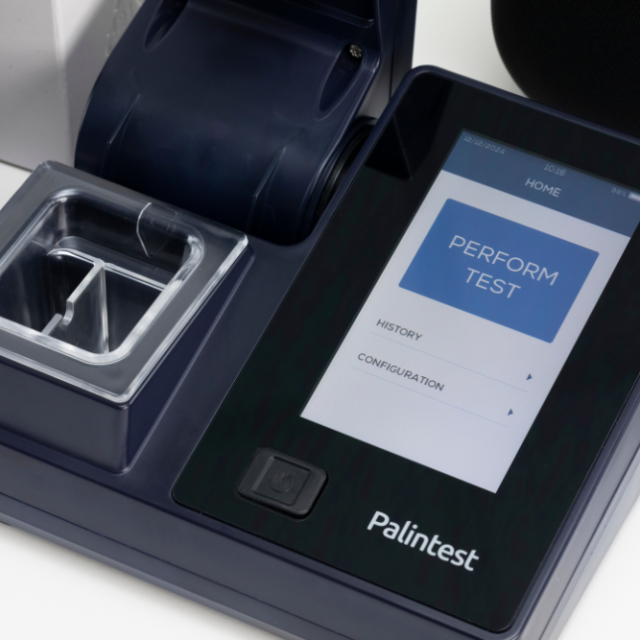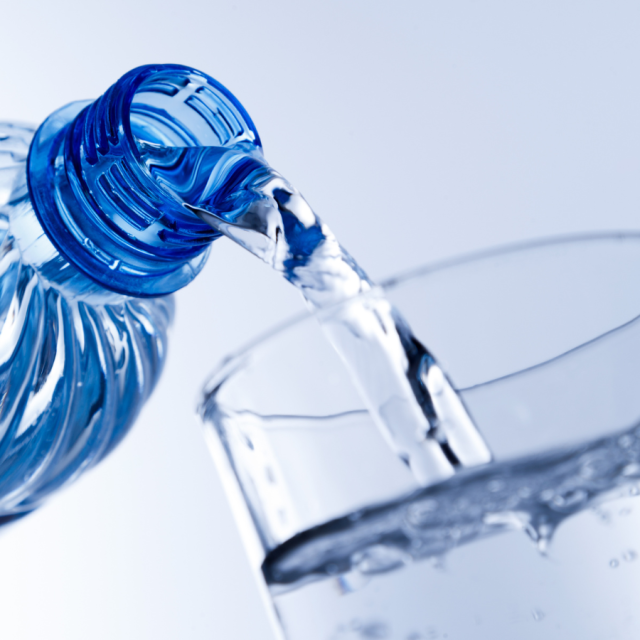
Understanding the Significance of Free and Total Chlorine Testing in Industrial Water Applications
In the realm of industrial applications, water quality is of paramount importance. Chlorine, as a disinfectant, plays a critical role across various sectors including food processing, water treatment, and recreational facilities. Testing for both free and total chlorine is vital for ensuring water safety and meeting health standards.
Free Chlorine: Essential for Sanitisation
Free chlorine, the active form of chlorine, is crucial for sanitising water. In commercial pools, maintaining an appropriate level of free chlorine is vital for a safe swimming environment. Similarly, in the food processing industry, it ensures that the hygiene standards are consistently met, thereby preventing contamination.
Total Chlorine: A Comprehensive Measure
Total chlorine measurement encompasses both free chlorine and combined chlorine (chloramines). In industrial water treatment, understanding total chlorine levels is essential. It assists in assessing the presence of chloramines, which are less effective as sanitizers and can cause operational challenges.
Chlorine Management Challenges
Managing chlorine levels in industrial settings can be complex. For instance, in food processing, striking the right balance between free and combined chlorine is crucial to maintain effective sanitation without compromising product quality. In industrial cooling systems, appropriate chlorine management is key to preventing equipment corrosion and ensuring operational efficiency.
The Importance of Regular Monitoring
Regular monitoring of both free and total chlorine levels is critical in industrial environments. It involves using accurate and reliable testing methods to ensure that water quality adheres to safety and quality standards. This monitoring is integral to making informed decisions in water treatment processes, thereby enhancing overall water management strategies.
Chlorine’s Role in Various Industries
Different industrial applications have varied requirements for chlorine levels. For example, in commercial pools, maintaining a certain level of free chlorine is necessary to prevent the spread of waterborne illnesses. In contrast, in the food processing industry, chlorine levels must be carefully managed to ensure that they are effective without affecting the quality and taste of food products.
Test for Chlorine in Industrial Water
Testing for free and total chlorine in industrial water is more than just a regulatory compliance issue; it is a critical element in ensuring safety and operational efficiency. By understanding and monitoring these chlorine levels, industries can maintain superior water quality standards, thus safeguarding public health and ensuring the longevity of their operations




